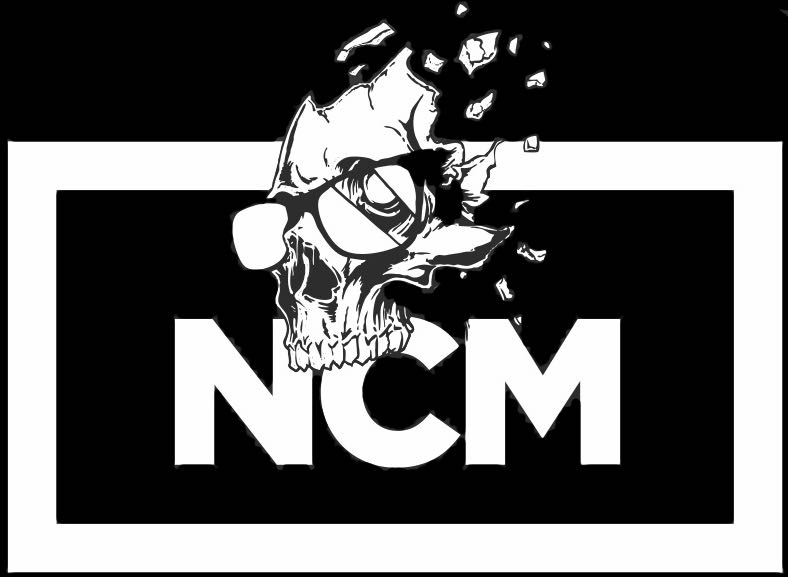I’m feeling some regret for how I have named this article. The title, “Book of the Week,” insinuates that the book I pick every week is the book I think was the best or the most worthy.
That was never the idea behind it, though it is true that I often digress into the whole, “dude, this book is killer! You have to check it out!” line that riddles comic book store backrooms across the nation. The idea has always been to talk about a book that was worth checking out, and books, movies, and videogames can be worth consuming without needing to be transcendent in quality.
Eternal #1 is not a bad book. It’s fine and full of ideas that could be novel keystones to exciting story elements in the future, but calling it “the best book” is to over-sell it. Eternal #1 does differ from our normal weekly adventure together, in that discussing Eternal #1 becomes interesting when talking about its faults.
The pseudo-future Eternal presents us with is one where, upon death, a person transfers their conciseness to an exact clone making everyone functionally immortal.
The opening pages are where the book is at its most remarkable. A news pundit and a scientist discuss a trend were young people gather at parties to commit mass suicide without consequence. He goes on to talk about how mankind is adjusting to its new idea of immortality and the idea that a lack of death does not equal lack of consequence. Damage to a person is still damage and the removal of death is just a shifting of the wound.
As far as a sci fi concept goes, this is one of those million dollar ideas. There are so many directions it could be taken in and so many different places in the storyline of the concept that you could visit, but the positing of that thesis is also the last time it is used in an interesting way.
A human’s relationship with death is a personal one, and the mutilation of that relationship would be just a personal. That’s the strength of the concept; having a character struggle to realign their relationship with their mortality and thereby, themselves.
That doesn’t happen in Eternal, at least not in this issue. Writer William Harms turns an idea into a device. He uses the immortality idea as a tool to tell what is a completely unrelated story. That could have been fine, but the story he is telling is one we have had in our hands before.
An amalgamation of an evil mega-corporation and tyrannical fascist state wants to use science to profit from the suffering of a particular group in a lower class. In this case, the New Life company wants to use the few genetically pure humans that remain in order to profit in some still undefined fashion.
The triteness of this situation has become the blood poisoning of the sci fi genre. The fascist or company is an easy enemy that almost always turns into a Saturday morning cartoon version of itself, and that is very true here. The secret police in Eternal are complete sociopaths, torturing and murdering people without seeming to have any sort of ideological investment. Their actions have a more 9-5 sort of feel to them while most villains seem to act evil because evil is fun to them.
The heroes fight, well, because the bad guys are kinda being d*cks. The motivations aren’t interesting, and we see it all too often.
Sci fi, to me and many others, is a genre about thinking. Interesting concepts are seeded and questions are asked. These stories don’t just make you think about new things, they make you think in new ways. Sci fi is not supposed to tuck you in at night. It’s supposed to come into your room and flip over your bed and yell, “Why are you sleeping when you could be thinking?!” Sci fi helps us grow by asking uncomfortable questions and not letting us abstain from the conversation it starts.
This is the failure of modern science fiction. A generation of writers were inspired by great dystopian works like “1984”, and “Do Androids Dream of Electric sheep”, but they missed the nexus point. Those novels were not great because they were about oppression or social justice. They were great because they challenged the mechanisms we use to process the world.
Its missing the forest for the cyborg trees and what these modern stories end up doing is countering the soul of what those early sci fi greats were trying to achieve.
We are routinely asked to hate fascists because they are fascists and cheer on the rebels because they aren’t the fascists. It is an active exercise in NOT thinking. Good is good because it’s good, and bad is bad because science.
That’s the other odd thing: There is a villainization of science in sci fi that is very present in this series. The New Life corporation is hinted at as being a champion of genetic progression, and it uses science to subjugate a group that self-identifies as “pure,” which was a very ill advised and slightly eugenic term.
Villains are always AI systems, genetic hybrids, or robots. The scientific dream always ends up bastardized and sinister and the more “human” group always beats them and returns to a simple, as-god-intended status quo.
We are always Icarus, burning because we dared to not be ignorant. Don’t think too hard; you might end up being bad guy.
Eternal wants to ask us to expand our mind, but as soon as we do it just calls us Hitler. But I suppose I have been using Eternal as my voodoo doll for a genre.
The past thousand or so words may make it seem otherwise, but I didn’t hate Eternal #1. It is well put together in many aspects. The art is solid and the ideas are big, which gives it value, and it is still the first issue. There is still plenty of time to correct the course and put ideas out front again.
I will be picking up the next few issues to see if Eternal can execute the potential it shows in its early panels, but it needs a massive refocusing if it hopes to be anything more than a germ in the sci fi sickness we are plagued with.






